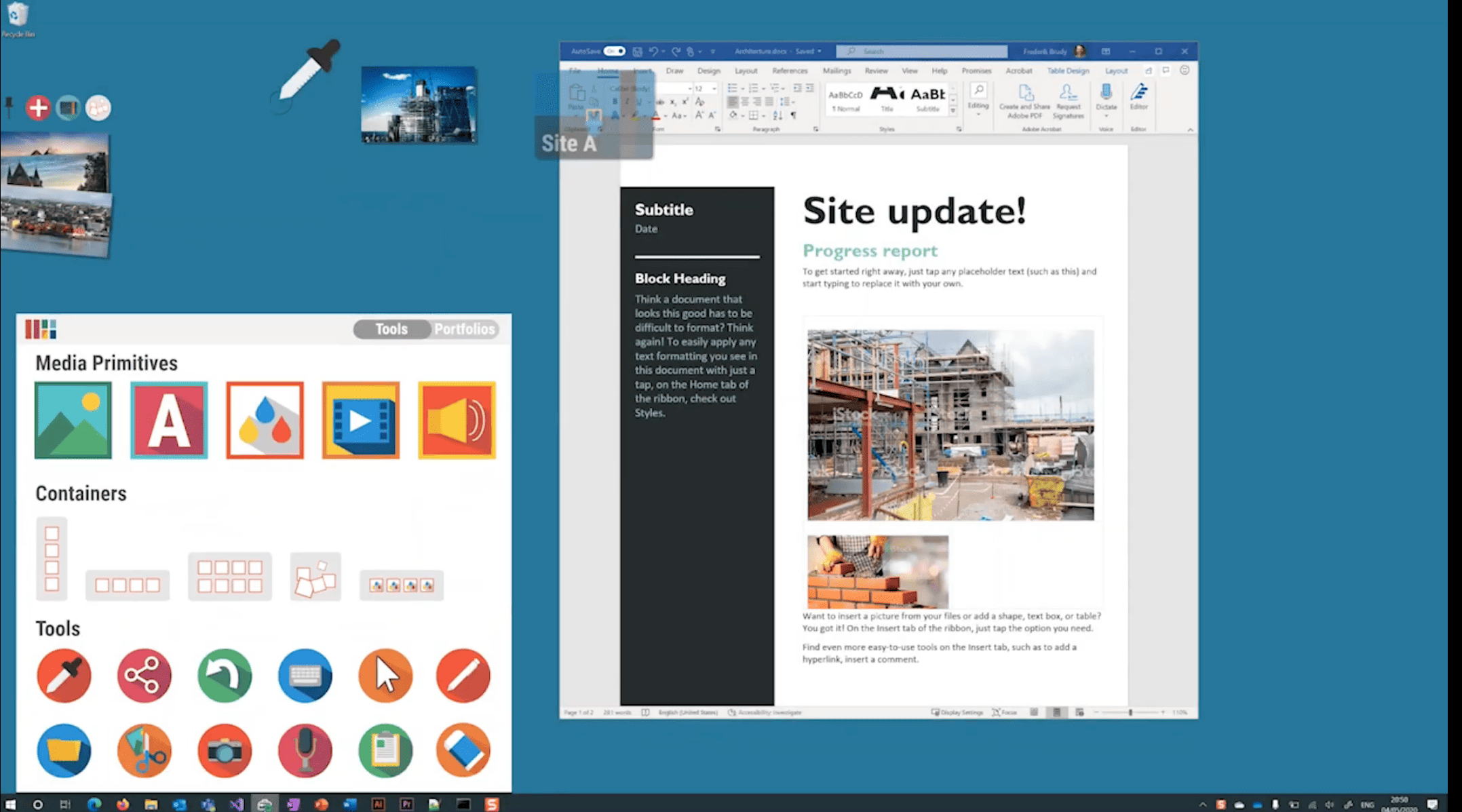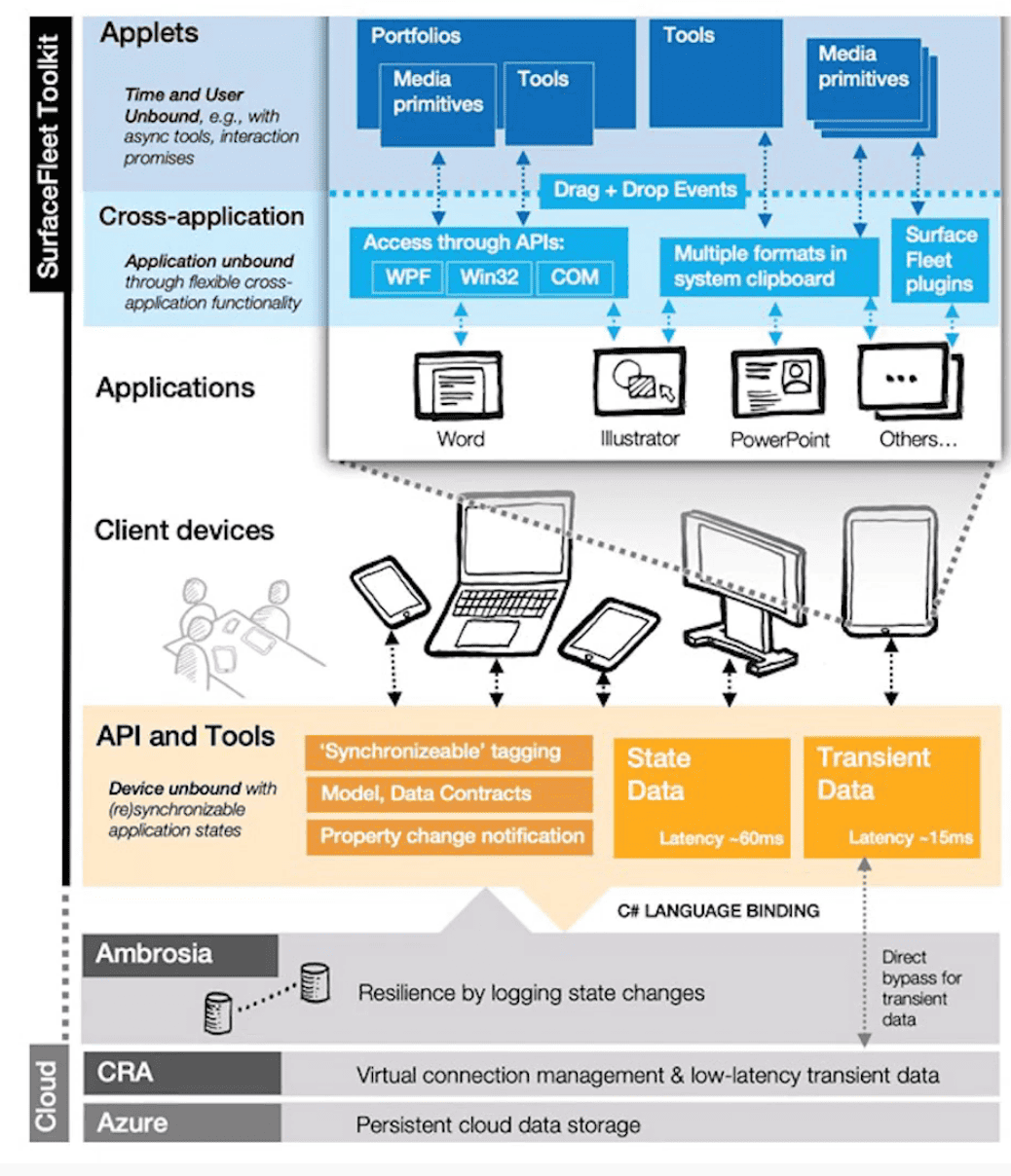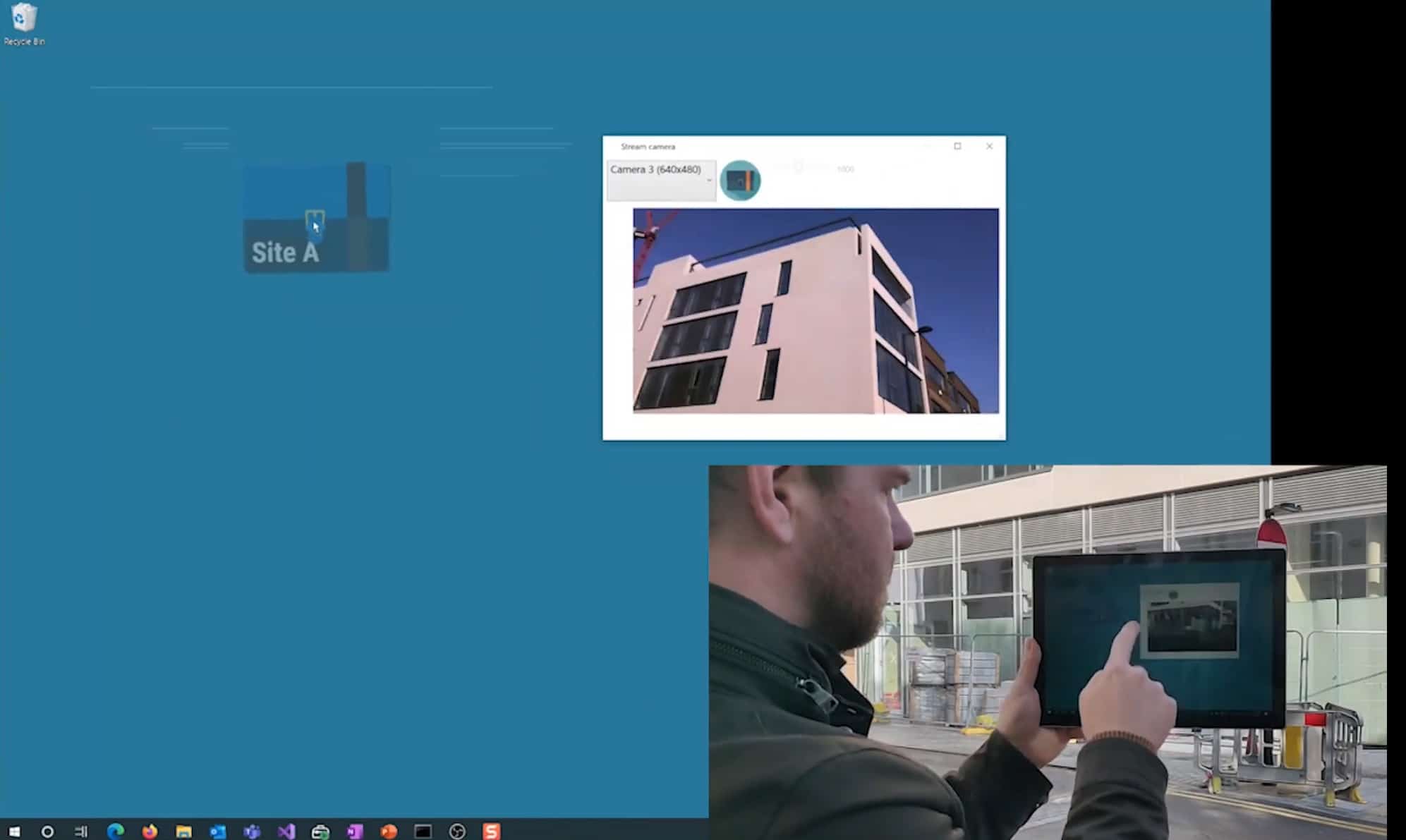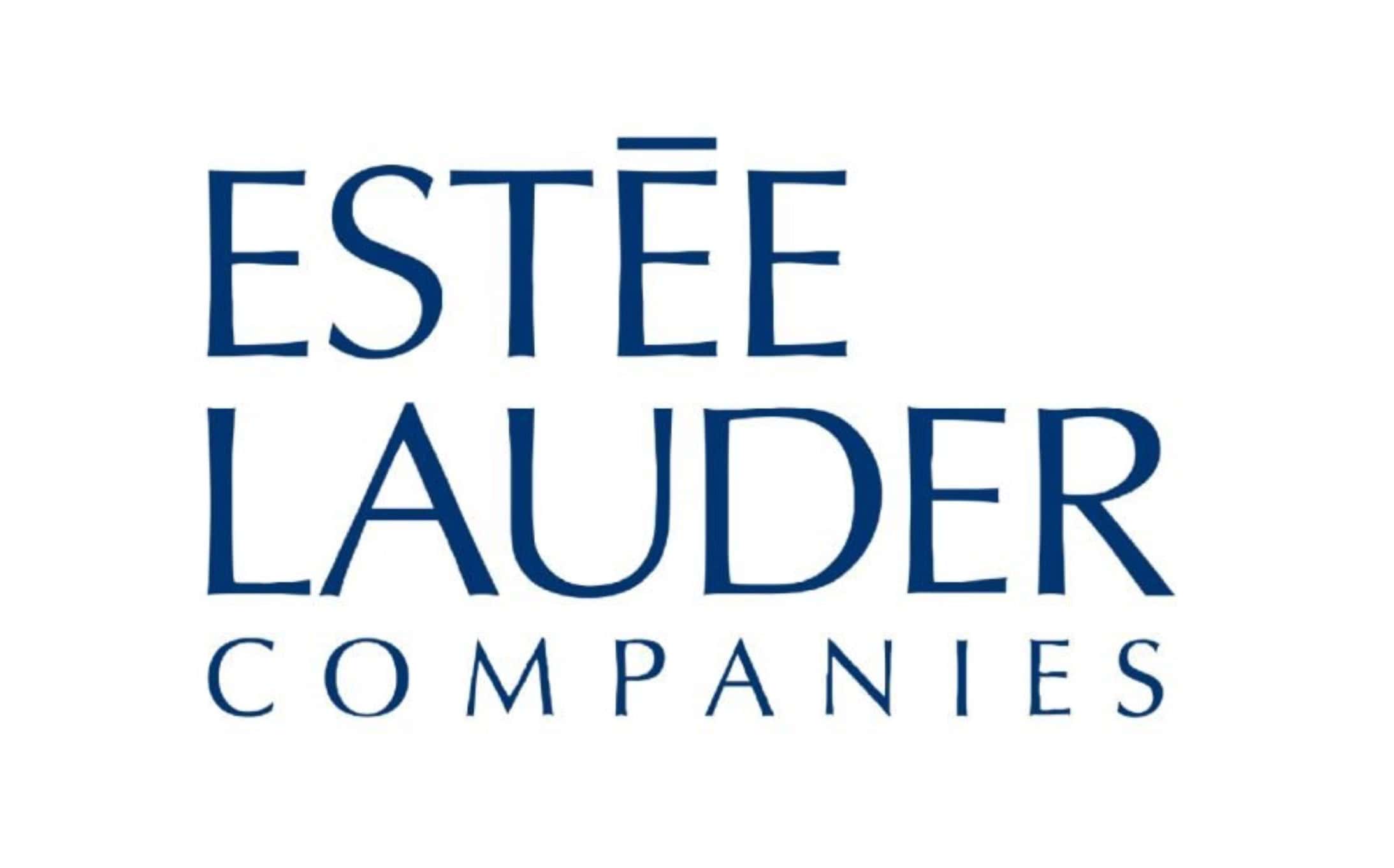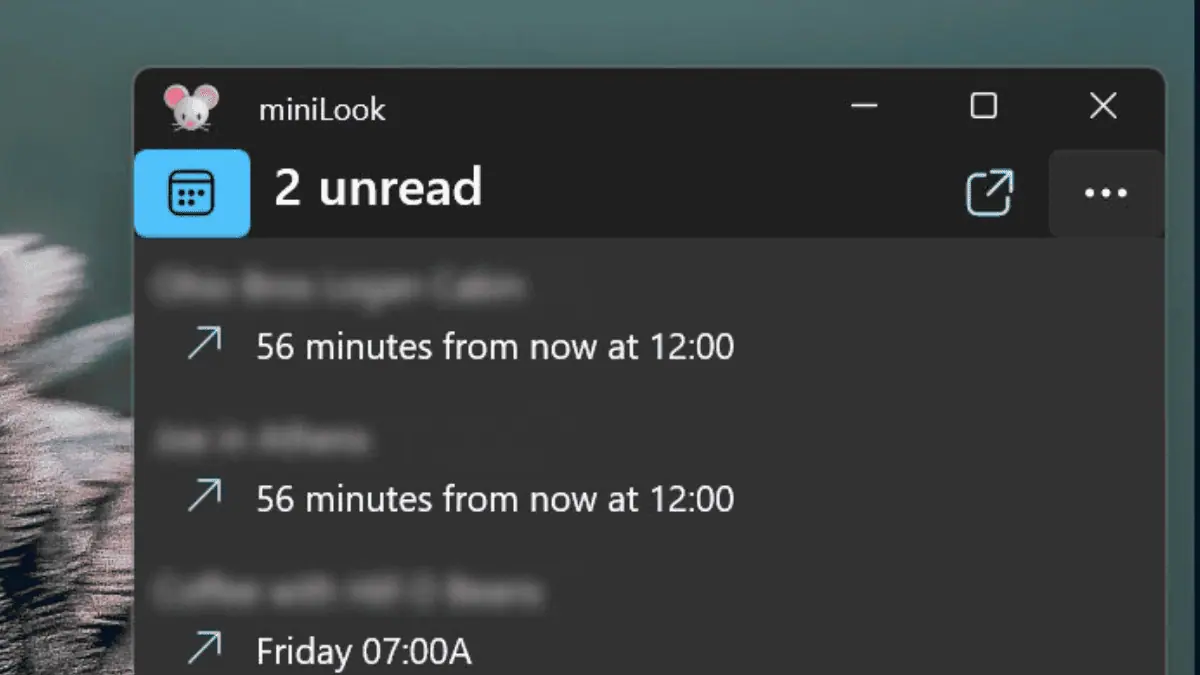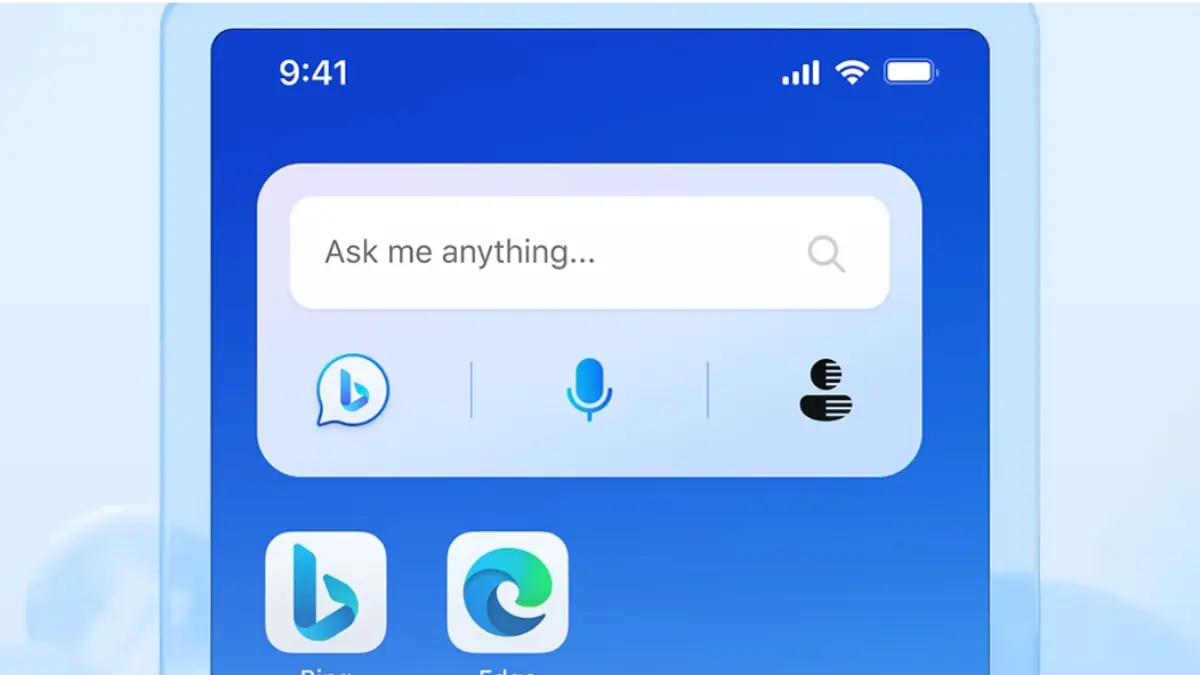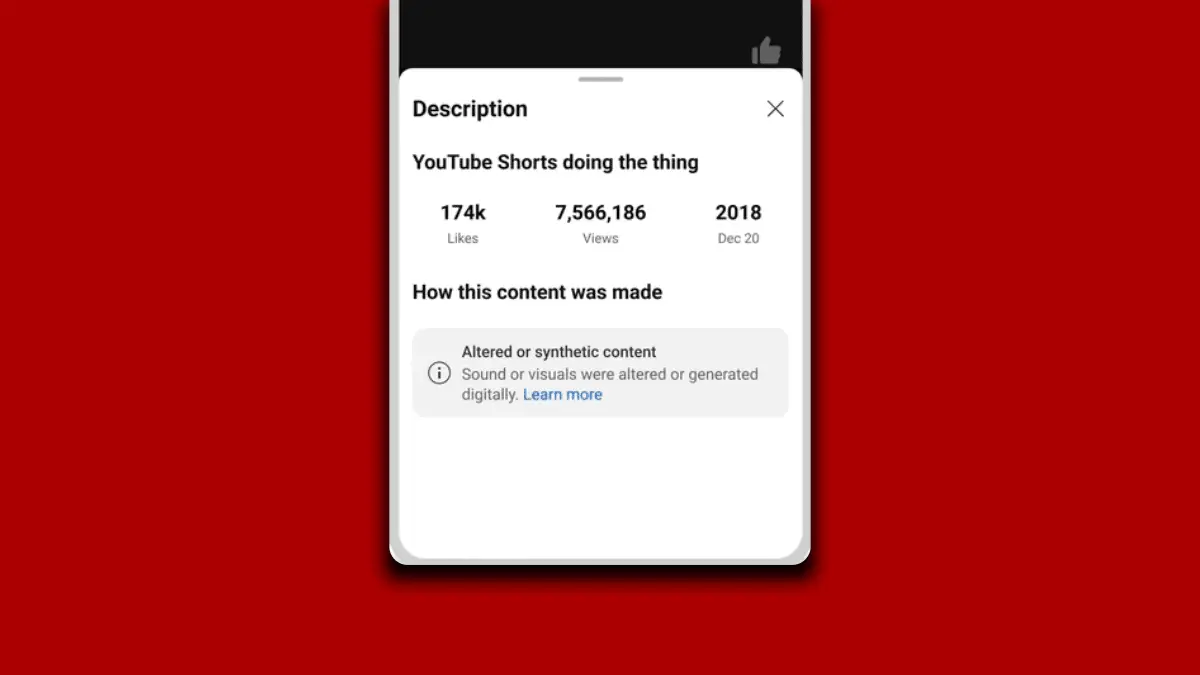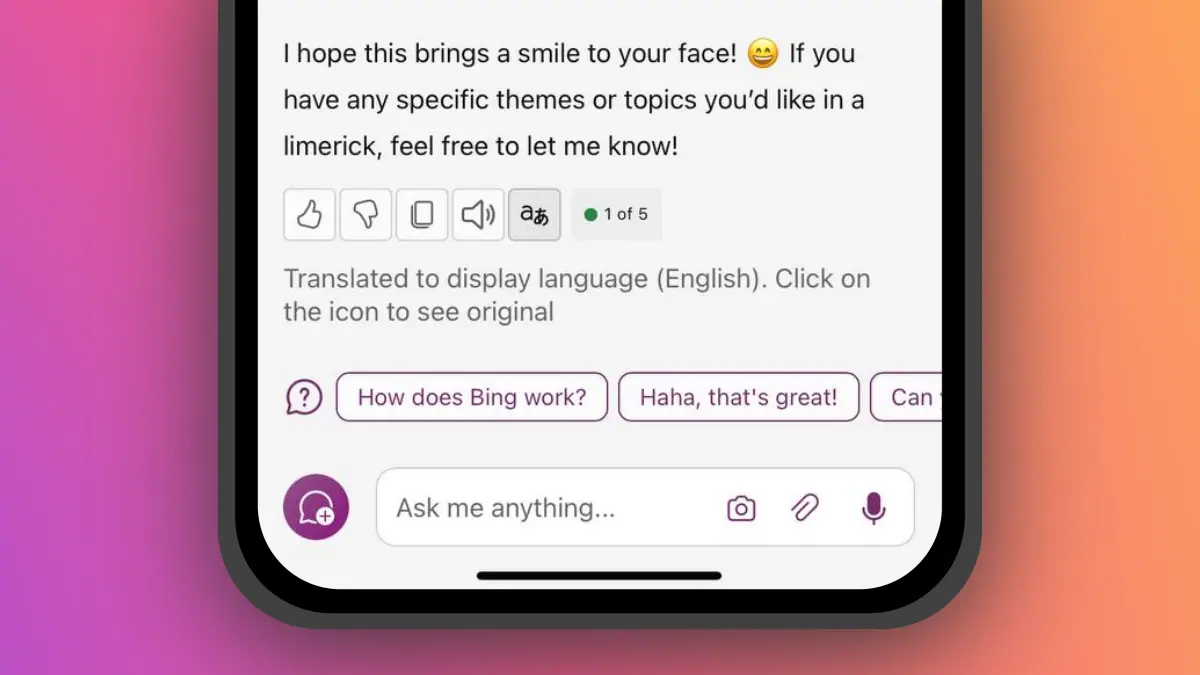Microsoft Research introduce SurfaceFleet, a computing concept unbound from time and space
2 min. read
Published on
Read our disclosure page to find out how can you help MSPoweruser sustain the editorial team Read more
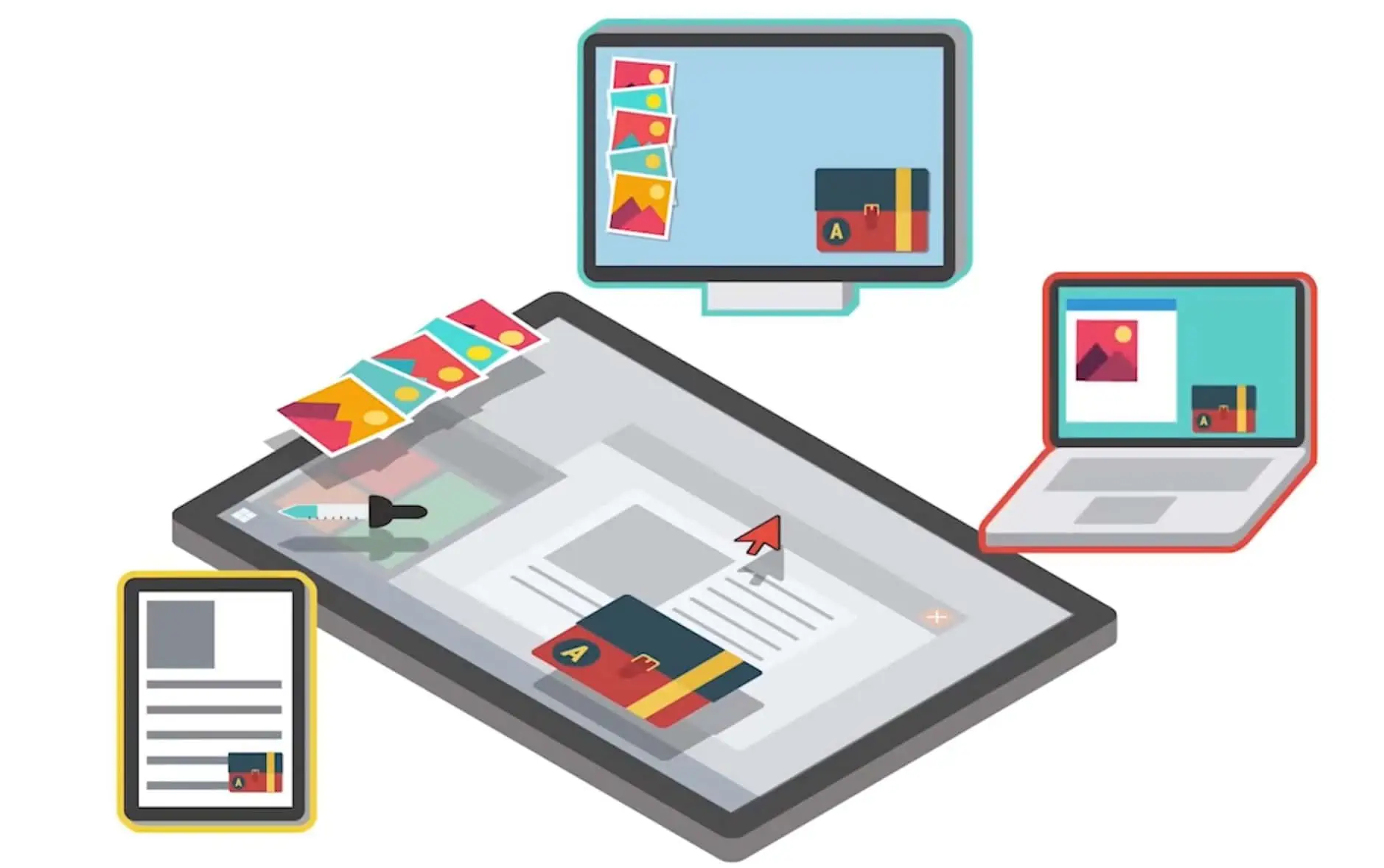
Today Microsoft Research unveiled a new computing concept they have been working on called SurfaceFleet.
Microsoft notes that currently content as well as tools, behaviours, and workflows are largely bound to the current device—running the current application, for the current user, and at the current moment in time.
SurfaceFleet is a system and toolkit that uses resilient distributed programming techniques to explore cross-device interactions that are unbounded in these four dimensions of device, application, user, and time.
SurfaceFleet employs lightweight, semi-transparent UI elements known as Applets that appear always-on-top of the operating system, application windows, and (conceptually) above the device itself while all connections and synchronized data are virtualized and made resilient through the cloud.
These applets would let users share resources between devices and users, for example, you could share your laptop keyboard to your Surface Hub, allowing you to type more easily. Or a colleague could share their smartphone camera to multiple users, allowing them to view this site visit.
Sharing could even be done via future promise, e.g. you could share the intent to provide a picture, and that Interaction Promise could be embedded in someone else’s document, and then you can provide the picture later.
Similarly, a Collection of such Interaction Promises could be arranged into a collaborative document, with each party doing their bit independently, and the owner eventually selecting which bits to retain.
See Microsoft’s demo video showing off the concept below:
Read more about the project at Microsoft here.
What do our readers think of the idea? Let us know below.

